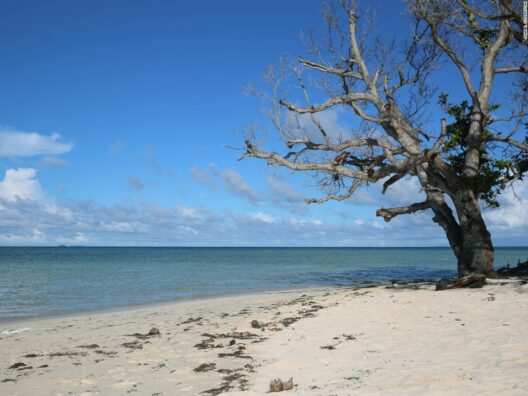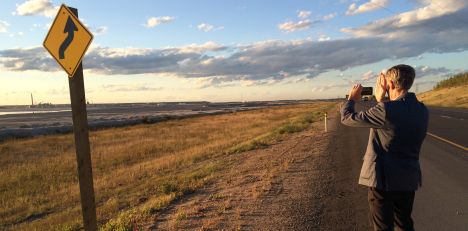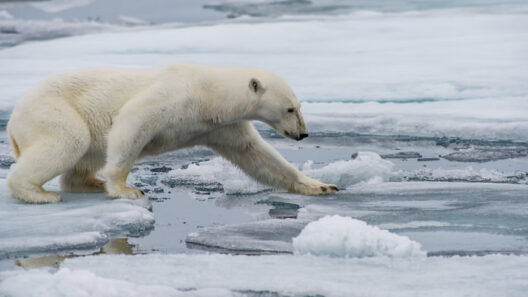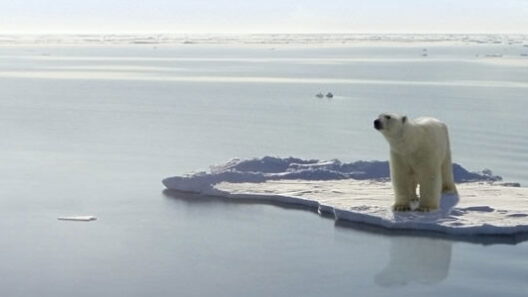As the waves rise, so too does the urgency surrounding the plight of island nations threatened by global warming. These unique territories, often characterized by their vibrant ecosystems and rich cultural heritages, are frontlines in the battle against climate change. The metaphor of an archipelago teetering on the brink of oblivion aptly encapsulates the precariousness of their existence. As rising sea levels encroach upon their shores, coastal erosion and extreme weather events loom as harbingers of a turbulent future. To avert this looming catastrophe, strategic interventions and a global collaborative effort are essential.
First and foremost, one must comprehend the catalysts of these existential threats. Climate change is not merely an abstract phenomenon; it is driven by anthropogenic activities, primarily the emission of greenhouse gases. These actions have substantially elevated global temperatures, resulting in the melting of polar ice caps and the thermal expansion of seawater. Consequently, individuals residing in island nations perceive the reality of their diminishing habitats. This perilous scenario emphasizes the necessity for immediate action.
Indeed, effective climate action begins with the development of comprehensive risk assessments, tailored specifically for island nations. Governments must identify vulnerabilities by mapping at-risk areas, including shorelines and freshwater resources, to quantify the impact of climate change. Such assessments should inform policymakers and guide the implementation of adaptive measures. Emphasizing resilience is paramount; like reeds swaying in a storm, island nations must learn to bend without breaking.
Building infrastructure robust enough to withstand climate change is another critical endeavor. Elevated roads, seawalls, and fortified buildings can serve as bulwarks against storm surges and flooding. Sustainable architectural practices, employing materials that withstand extreme weather conditions, can further augment resilience. Moreover, investing in mangrove reforestation and coral restoration not only strengthens coastal defenses but also enhances biodiversity. These natural barriers act as ecosystems’ own bulwark against the ravages of the sea.
Equally essential is the need for innovative land-use planning. By strategically relocating vulnerable populations and industries away from high-risk areas, nations can mitigate potential loss of life and economic devastation. Zoning regulations should promote the conservation of critical ecosystems, ensuring that development does not encroach upon essential habitats. Proper land-use planning must prioritize sustainable tourism, allowing for the preservation of a region’s natural beauty while fostering economic growth. The symbiosis between ecology and economy can pave the way to sustainable futures.
Collaboration plays a pivotal role in bolstering climate resilience among island nations. Forming regional partnerships allows for the exchange of best practices and resources. Such alliances can enhance research and development efforts aimed at climate mitigation and adaptation. By pooling resources, nations can launch initiatives that support renewable energy adoption, combat coastal erosion, and improve community preparedness. Together, they can fortify their defenses against the encroaching tides of adversity.
In the quest for sustainable energy, diversification is vital. Relying on fossil fuels not only exacerbates climate change but also leaves island nations vulnerable to price volatility and supply disruptions. Harnessing the abundant renewable resources available—be it solar, wind, or tidal energy—can transform these islands into bastions of sustainable energy. These resources are not merely energy solutions; they symbolize resilience, promising a future unmarred by the chains of fossil fuel dependence.
Education, too, is an indispensable component of climate resilience. Raising awareness about the implications of climate change empowers citizens to engage in community initiatives. By fostering a culture of sustainability, individuals become stewards of their environment, ensuring that future generations inherit vibrant ecosystems rather than barren landscapes. Educational endeavors should extend beyond conventional boundaries, incorporating indigenous knowledge in ecological conservation. This wealth of ancestral wisdom can provide unique insights into maintaining balance with the Earth.
Global cooperation, like a vast weave of threads, is essential to address the complexities inherent in climate change. Wealthier nations bear a moral obligation to support developing island nations through financial mechanisms, such as climate funds and grants. These resources can facilitate the implementation of adaptive strategies and technology transfer. In a world intricately connected, the prosperity of one nation impacts the health of the entire planet. Solidarity in the face of adversity can catalyze meaningful change.
However, it is imperative that national leaders prioritize this cooperative ethos. Diplomatic dialogues must transcend political agendas and foster a commitment to safeguarding the earth for future generations. The Sustainable Development Goals provide a framework for aligning efforts towards environmental stewardship, social equity, and economic resilience. As nations gather in forums to discuss climate action, the ripples of collective responsibility can culminate in powerful tides of change.
In conclave, the existential threat climate change poses to island nations calls for prompt, unified action. The analogies of archipelagos at risk or reeds bending in the storm serve to remind us of the fragility of these unique ecosystems. While challenges loom large, innovative solutions abound, and it is the shared commitment of nations to embrace these solutions that will determine our collective fate. This is a clarion call for unity—not merely among island nations, but across the globe—to safeguard our oceans and protect the legacy of our planet for generations to come. The time to act is now; the resilience of our islands—and indeed, our world—depends on it.








